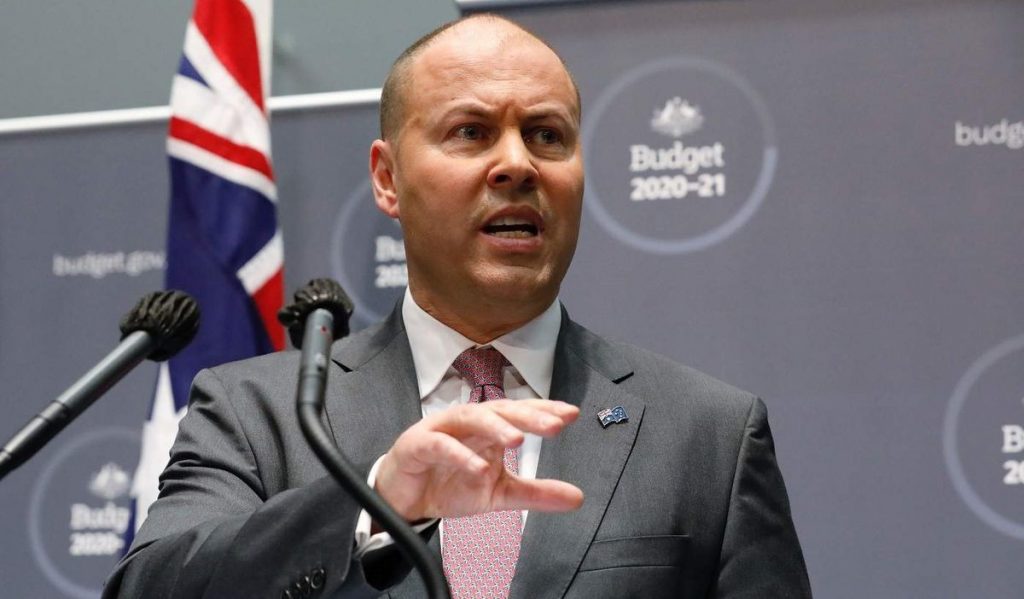

In the past few months, thanks to COVID19, we have seen a significant and unwelcome increase in unemployment. In particular, women appear to have been affected disproportionately with women losing their jobs at a rate of more than 2.5 : 1 over men in the early part of this year, according to the ABS. This has been dubbed the “Pink Recession” and has seen women take more than their fair share of the burden. The long-term impact of this on individuals is likely to be considerable, especially when you factor in things like reduced superannuation contributions over this period.
The Federal Government handed down its latest Budget for 2020-21 last night, and the numbers are quite breath-taking: A $74 billion JobMaker Plan as its headline initiative. Expanding on an existing initiative (the Women’s Economic Security Statement originally announced in 2018), the Government unveiled a new $240m plan over five years, including the $50m Women@Work program and the new Women in STEM and Entrepreneurship (WISE) Grants.
It’s good news, but we note that the money allocated specifically to helping women in the workplace is just a fraction of the total budget. Make no mistake, $50 million is a lot of money by anyone’s measure and the programs should be welcomed, but proportionally this seems on the light side given what women in the workplace have experienced in recent months and the size of the task.
So what does this mean for the job market? And specifically, for women in the job market?
It’s hard to say, but one thing is for sure, the road to recovery will take time. Unemployment is due to peak in December 2020, with early signs that the economic turn-around is commencing, but it will be slow. Treasury projections are saying that unemployment levels will not reduce to “normal” levels (~5.5%) until 2024.
The current market is skewed towards employers at the moment – some job ads are attracting literally hundreds of applications and competition for roles is as high as ever. Some employers are doing their best to combat the Pink Recession by adopting a balanced approach to shortlisting candidates – something which Open Door wholeheartedly supports. But the sheer volume of applicants can make the process difficult.

The Treasurer promotes the Government’s budget. Photo – ABC
The COVID19 pandemic has had such a dramatic and devastating effect on health and economy alike, the action required by this government, and likely others around the world, mean unprecedented levels of national debt as we attempt to revive the economy and drive growth.
$50 million is significant, but is it enough? Time will tell.
At Open Door, we are doing our best to support employers in combatting the Pink Recession by bringing balance to shortlists. This is never more apparent in STEM-related roles where women are already under-represented. This is what we do best, and we look forward to working with our Clients and Partners on bringing an end to the Pink Recession as quickly as possible, and we encourage all employers to make the most of the JobMaker Plan, and proactively support women in recruitment processes.
Go to careers.open-door.com.au to check out our latest featured roles, or call us on (03) 7022 6740 for a chat today.
Back to postsTalk to us about how we can support your diversity agenda: Executive search, leadership development and specialised recruitment.